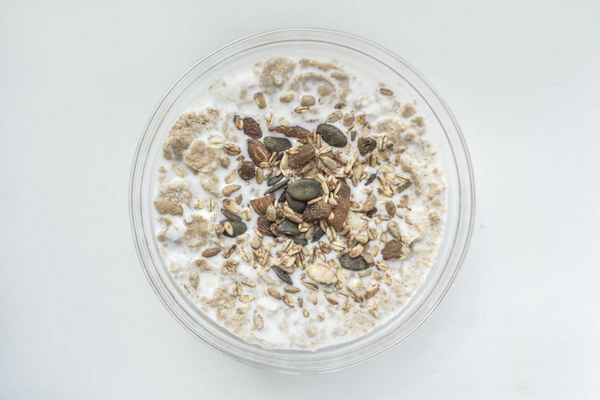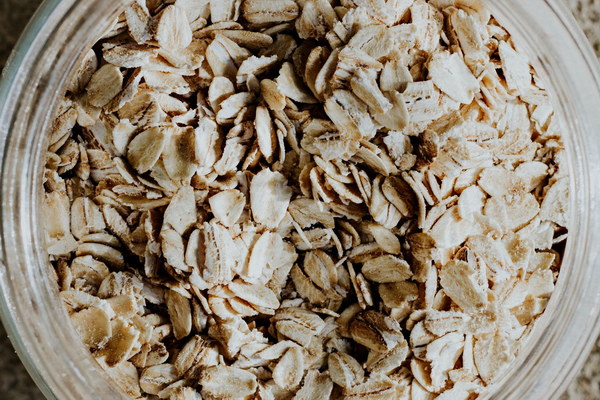Revitalizing Your Health How to Rebalance Your Body After Poor Eating Habits
Introduction:
Poor eating habits can take a toll on our bodies, leading to a variety of health issues. However, it is never too late to make positive changes and revitalize your body. This article provides you with practical tips and strategies to help you bounce back from poor eating habits and restore your health.
1. Assess Your Eating Habits:
The first step in improving your eating habits is to evaluate your current diet. Keep a food diary for a week to track your eating patterns, portion sizes, and the types of food you consume. This will give you a clearer picture of what needs to be changed.
2. Increase Your Water Intake:
Dehydration can contribute to a wide range of health problems, including fatigue, headaches, and digestion issues. Aim to drink at least 8 glasses of water per day to keep your body hydrated and support overall health.
3. Focus on Nutrient-Rich Foods:
Replace processed and high-fat foods with nutrient-rich alternatives. Incorporate a variety of fruits, vegetables, whole grains, lean proteins, and healthy fats into your diet. These foods provide essential vitamins, minerals, and antioxidants that support your body's healing process.
4. Balance Your Macronutrients:

Ensure that your meals are balanced in terms of macronutrients – carbohydrates, proteins, and fats. This balance will provide your body with the necessary energy and promote muscle repair. Aim for a portion of protein at every meal, a moderate amount of carbohydrates, and healthy fats, such as avocados, nuts, and olive oil.
5. Practice Mindful Eating:
Mindful eating involves paying attention to your food, savoring each bite, and being aware of your hunger and fullness cues. This practice can help you make healthier choices and reduce overeating.
6. Plan Your Meals:
Plan your meals and snacks ahead of time to avoid making impulsive, unhealthy choices. Prepare nutritious meals at home and have healthy snacks on hand to prevent hunger-induced cravings.
7. Get Adequate Sleep:
Poor sleep can disrupt your hunger hormones, leading to weight gain and poor eating habits. Aim for 7-9 hours of quality sleep each night to support your body's healing and recovery process.
8. Exercise Regularly:
Physical activity is crucial for overall health and can aid in weight loss, improved digestion, and increased energy levels. Incorporate a mix of cardiovascular exercises, strength training, and flexibility exercises into your routine.
9. Manage Stress:
Stress can trigger emotional eating and contribute to poor eating habits. Find healthy ways to manage stress, such as meditation, deep breathing exercises, or engaging in hobbies.
10. Seek Professional Advice:
If you find it challenging to make lasting changes to your eating habits, consider seeking the help of a registered dietitian or nutritionist. They can provide personalized guidance and support tailored to your specific needs.
Conclusion:
Poor eating habits can have a significant impact on your health, but it is possible to revitalize your body and improve your well-being. By assessing your eating habits, incorporating nutrient-rich foods, practicing mindful eating, and seeking professional advice when needed, you can take control of your health and embark on a journey towards a healthier lifestyle. Remember, it is never too late to start making positive changes.









